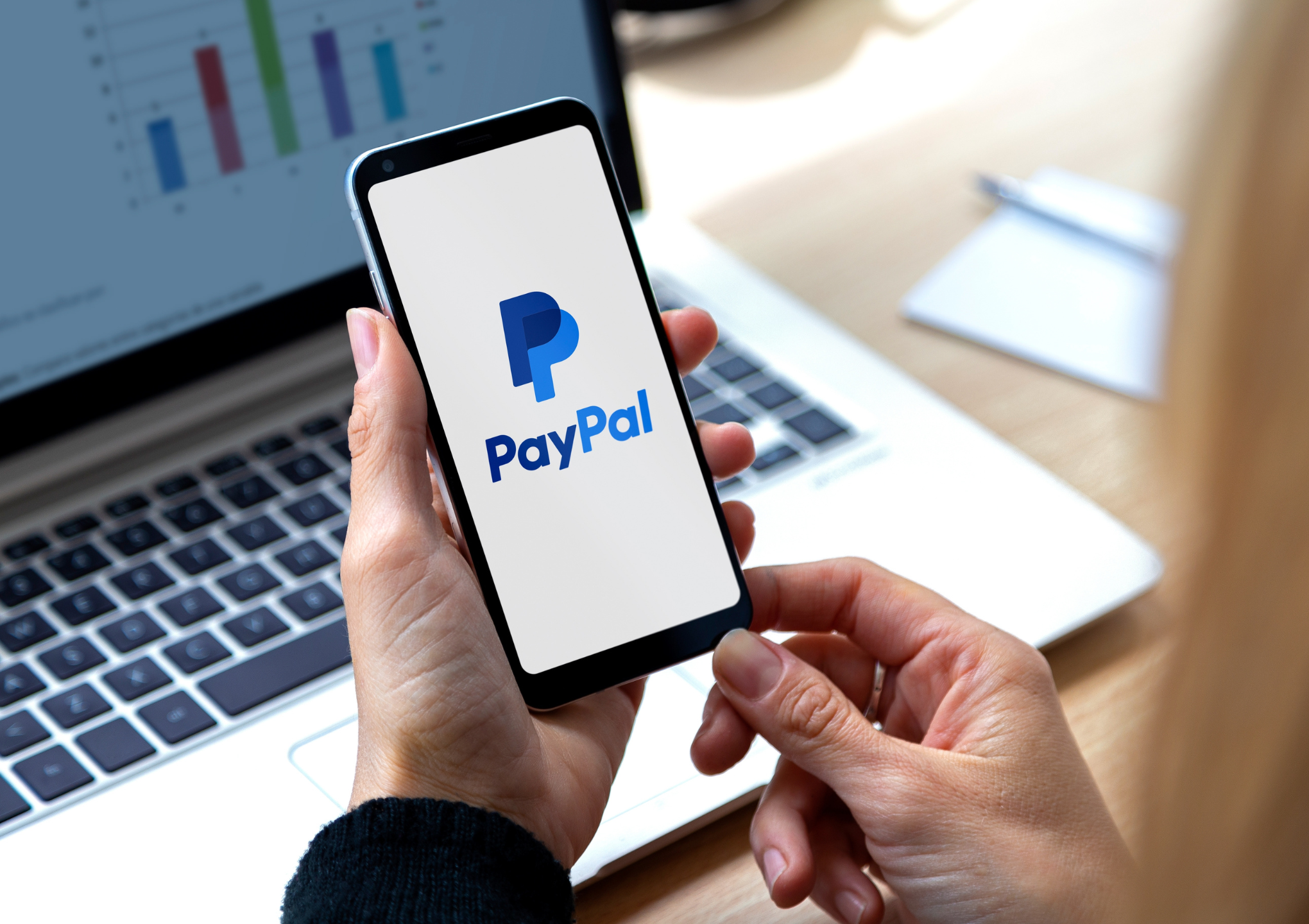Image: Alex Photo Stock / shutterstock.com
What happened?
A malfunction at PayPal has triggered security concerns at German banks, as a result of which payments with an estimated value of more than ten billion euros have been stopped. The Süddeutsche Zeitung reports that a "technical problem" at PayPal led to the failure of security mechanisms, meaning that potentially fraudulent transactions were not filtered out.
As a result, banks such as Bayerische Landesbank, Hessische Landesbank and DZ Bank (which is the payment service provider for many cooperative banks) have blocked all PayPal direct debits without further ado. Anyone who has paid online these days may not receive any goods - even though the money appears to have been debited.
How could this happen?
According to SZ, PayPal's internal security systems failed "at the end of last week" - the very systems that are supposed to recognize and stop suspicious transactions. The malfunction meant that millions of direct debits were simply waved through without anyone taking a closer look.
And this at a time when PayPal is regularly the target of scams. Last year, the consumer advice center warned against criminals who use stolen account data to go on shopping sprees via PayPal.
The banks reacted - their own security systems discovered the irregularities. As a consequence: a total stop for PayPal payments.
The consequences for customers and retailers
While PayPal plays down the incident - it was a "technical problem", not a security problem - many customers and merchants are left in the dark. Merchants have not received their money and deliveries could be delayed.
There is confusion on the part of customers: a red warning message suddenly appears in the PayPal account, like an overdrawn overdraft: "Attention: The balance of your PayPal wallet is in the red." And PayPal tries to collect the money from the account again within four days - including the bank fee.
The fact that the error does not lie with the customer, but clearly with PayPal, does not seem to interest the algorithm there.
What happens next - and who is liable?
PayPal claims that the problem has now been resolved, although there are reports that payments are still pending. It is not yet clear whether the company will make good the processing fees for bounced direct debits. A genuine apology? Not at all.
It will be interesting to see who is ultimately responsible for the whole mess - and whether PayPal is liable for the fact that customer accounts are in the red or merchants have to wait weeks for their money. From a legal point of view, things could get tight here - depending on what the terms and conditions look like and how well PayPal can prove that no gross negligence was involved.
When technology fails, so does trust
What happened here is a stark reminder that this is fatal for a payment service provider like PayPal. After all, it's not a matter of a few cents - but of billions of euros and customer data. PayPal has a real crisis of confidence on its hands. And if fees are now being charged for a self-inflicted failure, it could backfire.







